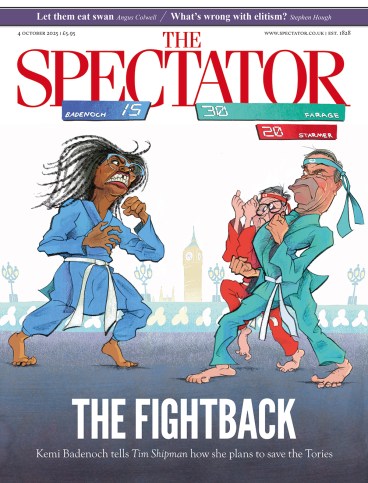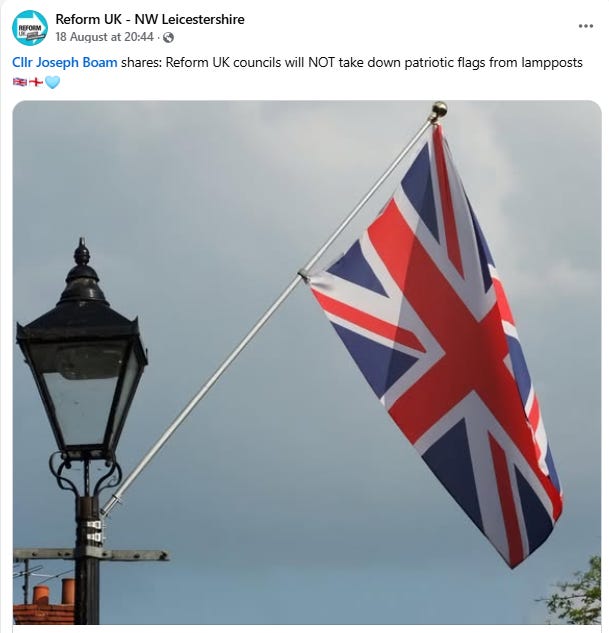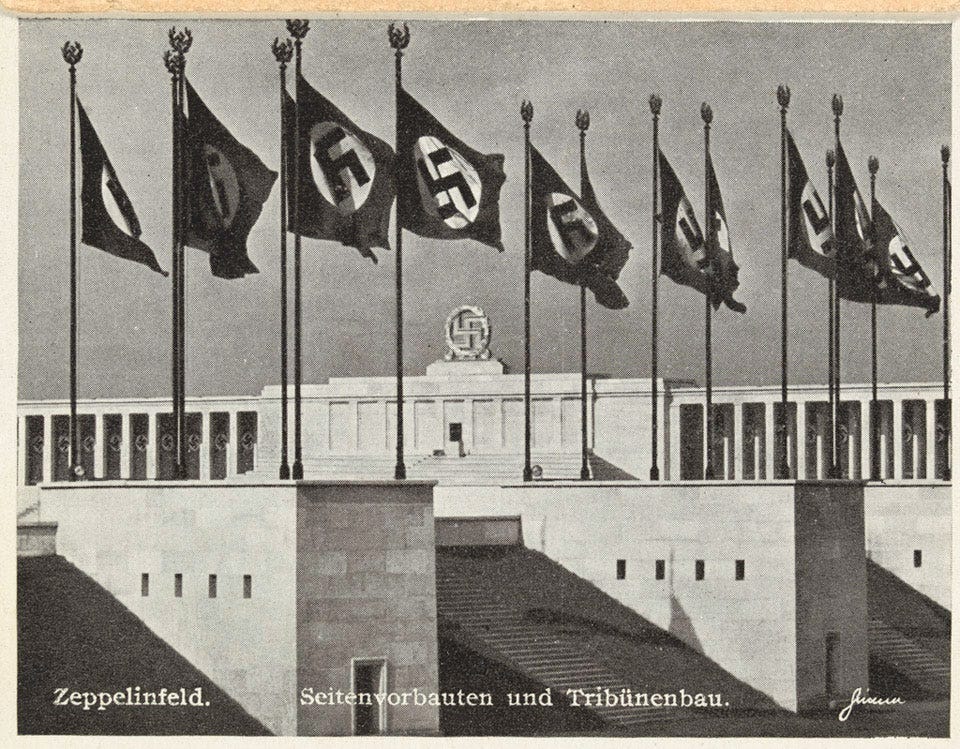Over the past couple of months I've been reading a great deal about the concept of Englishness, it has timed perfectly with the erection of flags around so many of our towns.
There's a couple of quotations that I have come across over the past weekend that have resonated and, perhaps, suggest why the flag flying has taken over.
In his essay The Lion and The Unicorn George Orwell wrote "In the working class patriotism is profound but it is unconscious. The working man's heart does not leap when he sees a Union Jack, but the famous insularity and xenophobia of the English is far stronger in the working class than the bourgeoisie."
Contrast that with the words of sociologist Krishnan Kumar in 2014: "Bereft of empire, no longer a global economic or political power, confronted by seccessionist movements without and by 'alien' cultures within - the English seem to have found it best to turn in on themselves. Never having had an identity as an ethnic group, never having needed one, they are now... in the process of inventing one."
It seems to me that the flag flying epidemic stems from both of these extracts. Englishness has never need a strong identity (and indeed didn't even need one in the Second World War), but the loss of status - particularly felt by those who have been left behind - means all of a sudden we need to discover one, and one which may be deeply affected by the xenophobia Orwell identified 80 years ago.
Personal Blogs
With Englishness being an early focus of this year's Open University module it's both opportune and interesting to see that its nature has become such a contemporary issue.
Today's Sunday Times sees a further intervention, this time after Professor Linda Woodhead, the FD Maurice Professor in Moral and social Theology at King's College London, saying of the appointment of Archbishop Dame Sarah Mulally:
“I think her challenge is to reconnect the Church of England with English society. This is a Church that can only operate if it is embedded in culture and society, and it’s drifted away from that, and she’s got to try to reconnect it. We are in cultural wars and the Church of England’s whole point is, after civil war, to hold things together.
“There’s a real opportunity because who else is talking about English values? We don’t just want to hear it from Robinson and Farage, The Church of England needs to be the church of England and not be embarrassed about it. [Mullally’s predecessor] Justin Welby wanted to make it a global church, and he was embarrassed about it being a national church, but it is a national church.
“Members of the Church of England are proud of being English, they voted Brexit more than the average. They’ve got a sense of cultural identity and she’s got to re-engage with that, and make it not a racist, divisive thing, but ‘we’re a big tent, tolerant, multicultural country’. Politicians speak for Britain, but the Church of England can speak for England.”
It is very clear that Englishness is a hugely contested issue. There is a vast swathe of opinion between academics, politicians and clergy and the St George's flag raising man on the street.
The question must be how they can ever be reconciled?
This week's Spectator contains an interesting comment in its leader article about Home Secretary, Shabana Mahmood.

Writing about her speech to Labour conference, and various contributions to fringe meetings, the magazine comments "Mahmood demonstrates a commitment to open debate, empirical reasoning and civility towards her opponents which is more quintessentially English than the exlusionary identitarianism of her detractors."
These are the words of the world's oldest magazine, and one very much of the political right, about a British Asian Muslim woman representing its ideological opposition. A Tory magazine writing admiringly of a Labour politician.
But more than that it is a Tory magazine saying clearly, that as much debate has swirled in the past year, that Englishness isn't about race. It's about qualities and values.
It is about how we think rather than what flags we fly.
This week social media has been awash with calls to ‘fly our flags’.
It’s not St George’s day, it’s not our annual commemoration to remembrance, it’s August - the traditional political silly season - and it appears to be an issue that has been jumped on because ‘we’ are in danger of England being stolen from us.
This round of protest appears to have stemmed from media reports of council workers being ordered to tear down St George’s flags, flying from lampposts whilst leaving semi-official Palestinian flags in place.
This round of protests, dubbed ‘Operation Raise the Colours’ has gathered support, resulted in the painting of the cross of St George on roundabouts, and has, of course, led to comment and support of politicians courting the populist vote.
But, my question is simpler.
Is it English?
Doesn’t all of this protest about the right to fly flags wherever and whenever misunderstand the concept of England and what Englishness is?
Is it the case that a political movement seemingly wedded to recapturing the past ‘glories’ of Empire fundamentally fails to get what it was that made our country so English?
It is a round of protests that has caused me to revisit Sir Roger Scruton’s tribute ‘England:An Elegy’, a thoughtful consideration of what England and being English means.
In his first chapter Sir Roger highlights the work of another author capturing the spirit of England with a list of tableaux, George Orwell:
“The clatter of clogs in the Lancashire mill towns, the too-and-fro of the lorries on the Great North Road, the queues outside the Labour Exchanges, the rattle of pintables in the Soho pubs, the old maids biking to Holy Communion through the mists of the autumn morning - all these are not only fragments, but characteristic fragments, of the English scene.”
Each fragment is of an England long since disappeared, and never to return, but can we honestly suggest it is an evocation of an England that would have demanded the right to fly flags whenver we choose?
Was Orwell writing of an England comfortable with mass flag flying, or would he have seen it as a form a patriotism more aligned to 1930’s Germany?
For Orwell, was the ritualised flying of flags ‘English’?
In his elegy of England (an elegy being ‘a poem of serious reflection, typically a lament for the dead’) Scruton too contemplates what Englishness means.
He reflects that nations are “imagined communities”. They may be defined by a physical border but “seldom if ever do they arise from a common stock or a web of kinship”.
He too, like Orwell, looks to define Englishness not as a flag but as characteristics almost undefinable but, being English, we know what they are when we see and feel them.
Sir Roger comments that we are a nation that for hundreds of years, unlike other nations, did not have laws imposed on us but a common law that we all understood to be just and inherent to our nature, and which judges were able to determine based on precedence. Can you imagine populists espousing an ‘Englishness’ being inextricably linked with what they would now term ‘activist judges’? Of course not.
Scruton writes that Englishness was a sense of belonging, a nation of ‘rituals, uniforms, precedents and offices’, a nation made up of WIs, cricket clubs, trade unions, chapels and public schools.
He writes “The game of cricket was the eloquent symbol of this experience of membership: originally a village institution, which recruited villagers to a common loyalty, it displayed the reticent and understated character of the English ideal: white flannels too clean and pure to suggest physical exertion, long moments of silence and stillness, stifled murmurs of emotion should anything out of the ordinary occur and the occasional burst of subdued applause.”
Taking those characteristics into account can there be anything less English than demanding the right to fly flags?
But isn’t that the most obvious reason why such a demand simply isn’t English?
Scruton writes “England, I was taught, preferred duties to rights, and quiet cooperation to the obstinate demands of idleness.”
England and Englishness is, or was, as much about the duties that we owe to our nation as the rights we demand of it.
And, potentially, that is why Scruton’s book is an elegy, it describes an England that is dead: “it is only at the end of things that we begin to understand them”.
How many of those demanding the right to fly flags understand the duties of what Englishness means?
How many give time to support clubs in their community? How many are volunteer school governors? How many s do the shopping for elderly neighbours up the road? How many are trade unionists?
My guess would be relatively few because whilst at least, in part, our ways of life have changed so too have our values.
How many scoffed at David Cameron’s ‘Big Society’, but it was undoubtedly, more English than a right to fly lags from a lamp post ever can be.
The demand to fly flags might be a right, but is it ‘English’?
I don’t think so.
This blog might contain posts that are only visible to logged-in users, or where only logged-in users can comment. If you have an account on the system, please log in for full access.

